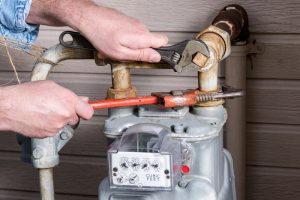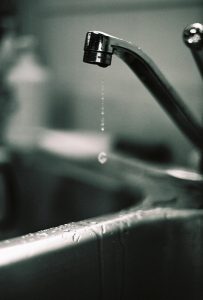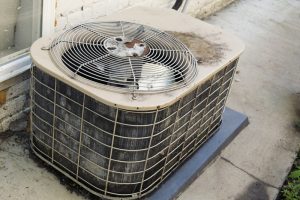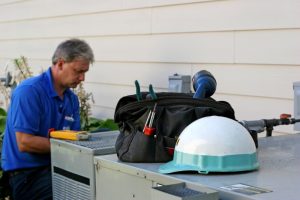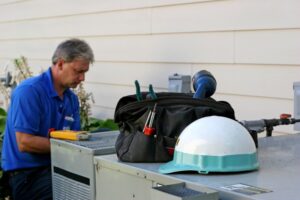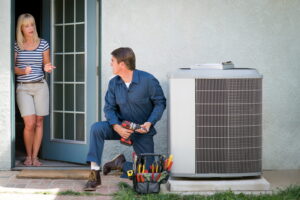Houses have so many systems and functional parts. There are water pipes and drainage pipes, electrical wiring and circuit breakers, ventilation ducts, furnaces, and air conditioners. There might be sump pumps, air purifiers, and more. It may seem like you constantly need to find a new expert to call in when something goes wrong with a different part of your home.
However, some of those experts may work on more home systems than you realize. Do you know who you should call when you need work done on your gas line? It’s a plumber! We’ll explain exactly why, and when you might need their services.

